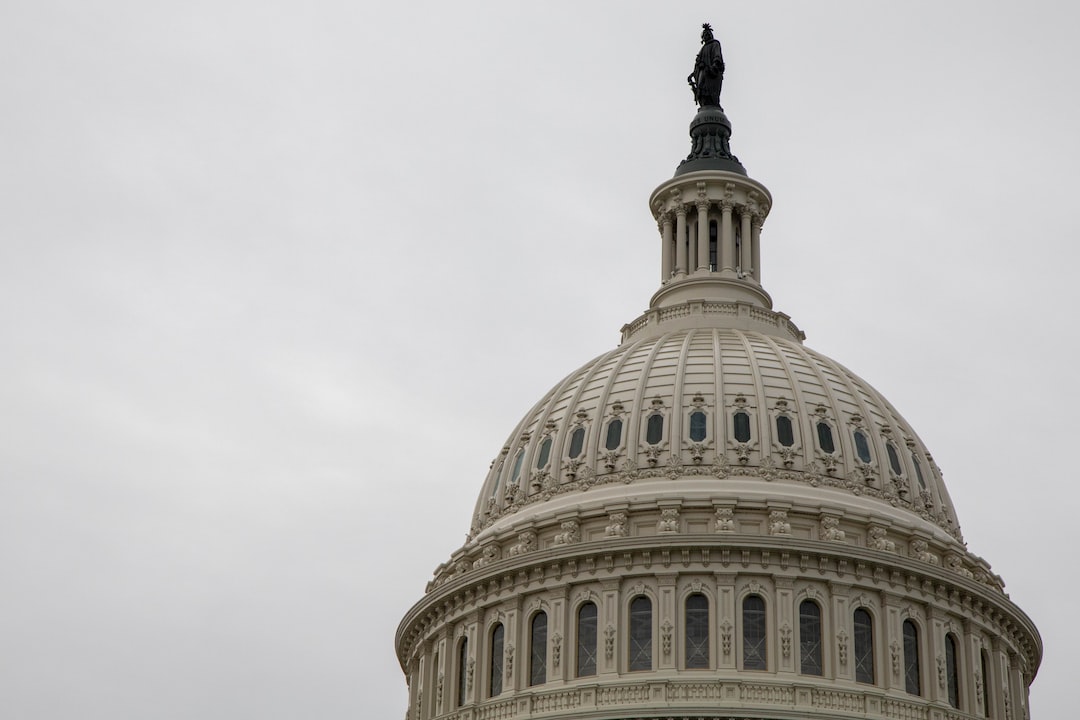Artificial intelligence (AI) and machine learning (ML) are the new buzzwords of the tech industry. They are rapidly becoming, if not already, an integral part of our everyday lives from simple things like using voice assistants to complex applications like self-driving cars. But, the widespread adoption of AI and ML has raised several legal implications that could have far-reaching consequences for individuals, organizations, and the society at large.
Privacy Concerns
AI and ML algorithms require vast amounts of data to train themselves. This means that they rely on collecting and processing personal data, which becomes a significant privacy concern. AI and ML systems that store personal data must comply with data protection laws like GDPR, CCPA, and others. This means that companies that collect and store personal data must ensure that they inform users of the data collected, how it will be processed and used. Moreover, they must obtain consent from users before collecting and processing their data.
Bias and Discrimination
The algorithms and data used by AI and ML systems can be biased. Bias in an AI system can lead to discrimination, which is a significant concern for society. Algorithms trained on biased data can produce biased results and perpetuate existing social injustices. These biases can have far-reaching consequences in fields like finance, employment, and criminal justice. Therefore, it is essential to develop and implement unbiased algorithms to eliminate discrimination.
Ownership
Ownership is another legal implication of AI and ML. As AI and ML systems become more sophisticated and independent, the question arises, who owns the outputs of these systems? For instance, self-driving car accidents have raised the question of who owns the responsibility for the accident. As AI and ML systems become more independent, the question of what constitutes intellectual property becomes more complicated. This raises legal implications that will require new laws to address ownership rights over AI and ML outputs.
Liability
The development of AI and ML has also raised the question of liability. AI and ML systems can produce unexpected results or outcomes that can lead to legal consequences. In cases where AI systems make decisions that go wrong, who is responsible for the outcome? In cases where AI systems make decisions based on faulty data and cause harm, who holds the liability, the system provider, the user, or the companies that use the data? These are complex questions that will require novel legal frameworks to address.
Conclusion
The legal implications of AI and ML are immense. The rapid pace of technological advancements has outpaced legal frameworks that address the legal issues that arise from AI and ML. Therefore, it is essential to have legal frameworks in place to guide the development, use, and deployment of AI and ML systems. Additionally, AI and ML developers must ensure that their systems comply with data protection laws, are unbiased, and transparent. Doing so will help build trust and confidence in these technologies from individuals, organizations, and society at large.

